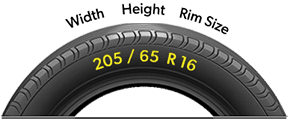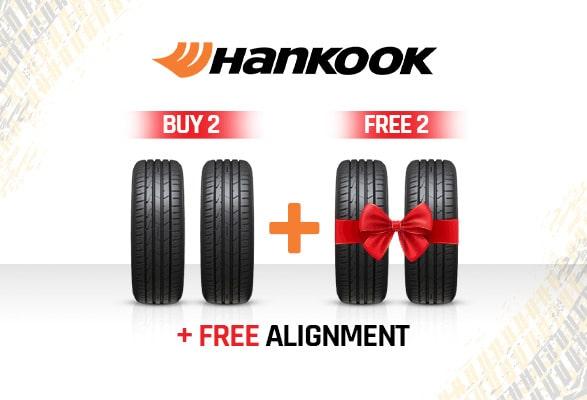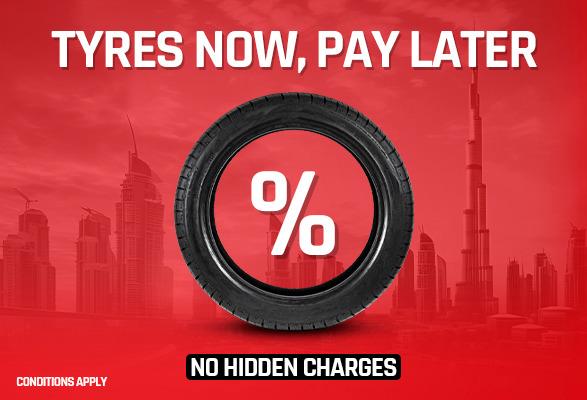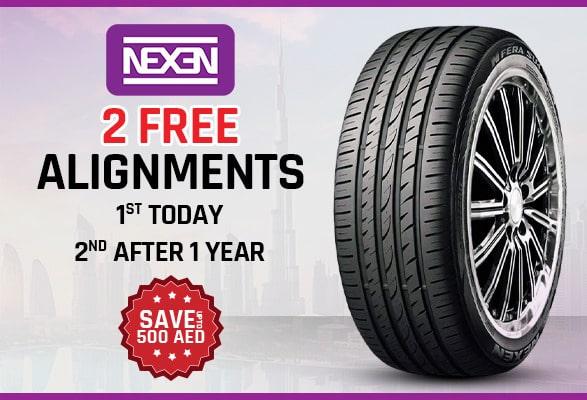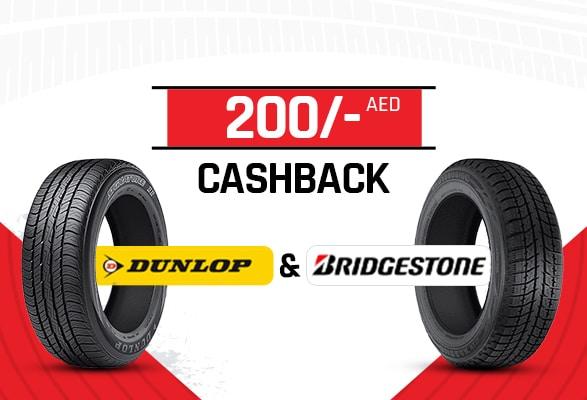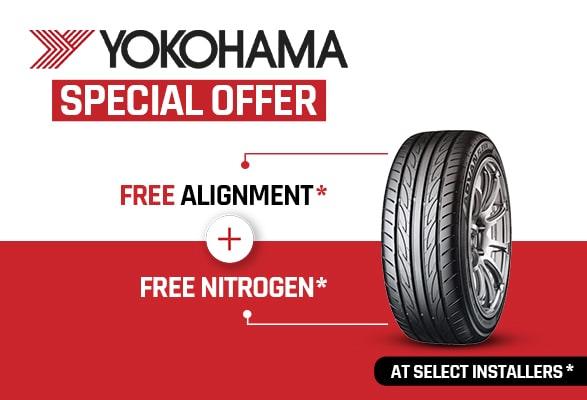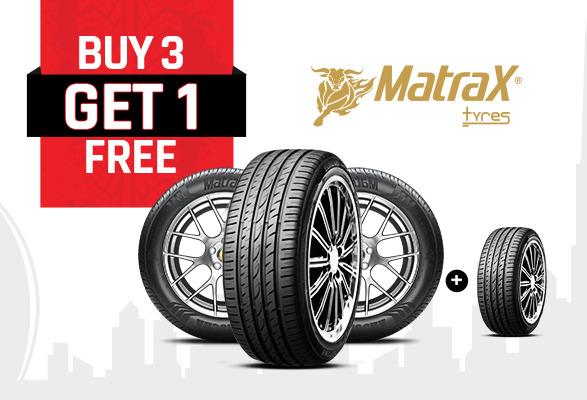All About USA Imported Cars in UAE
The cost of USA Imported Cars in UAE is 1095 USD. It takes 20-35 working days, depending on the type and size of the vehicle, the shipping method chosen, and the ports used. Here is a breakdown of the costs:
Base Shipping: 1,095 USD (estimated cost for a compact vehicle using roll-on/roll-off shipping)
Duty on Customs: 5% value of the car + 1% insurance plus the cost of shipping
Additional Fees:
- Inspection fees
- Port Charges
- Clearing agent fees
- Registration fees
USA Imported Cars in UAE: Options and Considerations
There are a few options for importing vehicles to Dubai, UAE. There are pros and cons to each option, so you should choose the one that best fits your needs. The most common options are listed below.
1. Sea Freight:

It is the most cost-effective and common option to import large quantities of vehicles. The cars are loaded on a ship and then transported to Dubai. This process usually takes 4-6 weeks.
Pros |
Cons |
|
Cost-effective |
Longer transit time |
|
Suitable for large quantities |
Requires more documentation |
|
No special packaging is required |
During transport, cars may be exposed to weather conditions |
2. Air Freight:
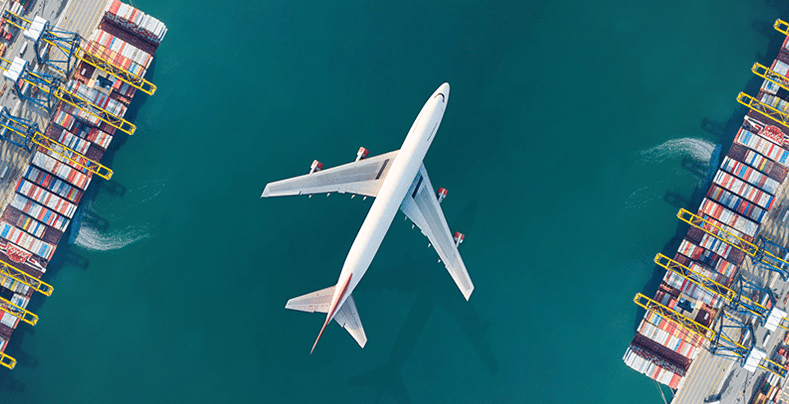
The fastest way to import cars is by using this option. Transit times range from 2-5 working days. It is the most expensive method. The cars are delivered directly to Dubai.
Pros |
Cons |
|
Fastest transit time |
Costly |
|
Less documentation required |
Limitation of capacity (not suitable for large amounts) |
|
Transporting cars is protected from the weather elements |
-- |
3. Roll-on/Roll-off (RoRo) Shipping:
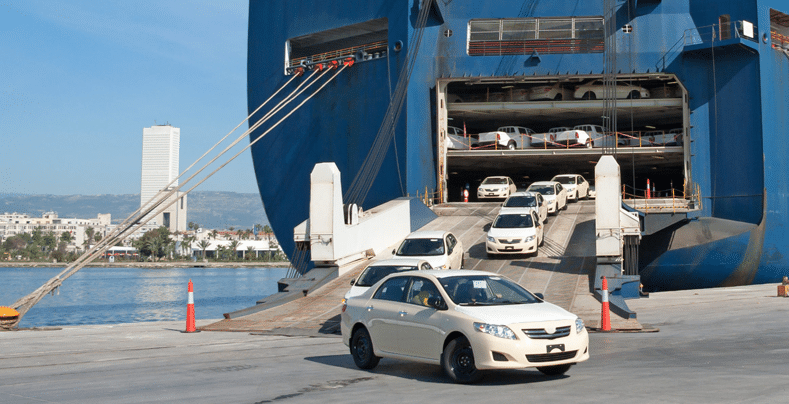
It is an excellent option to import cars that have already been driven and are ready for use. The cars are driven onto a ship and then driven off in Dubai.
Pros |
Cons |
|
Convenient |
New cars are not suitable |
|
No need for Special Packaging |
Limited availability |
|
Transporting cars is protected from the weather elements |
Damage to cars can occur during loading and unloading |
Additional Factors to Consider:
- Age: It is generally easier to import cars that are newer to Dubai. Older cars may need special permits.
- Position of the steering wheel: In Dubai, left-hand drive vehicles are only allowed if they are more than 25 years old.
- Condition of the car: The condition of cars must be good and without major damage.
- Documentation: To import a vehicle to Dubai, you will need several documents, including the original invoice, a certificate of origin, a shipping bill of lading, and a customs clearance certificate.
Documents and Approval
Importing cars to Dubai requires some steps, and specific documents are required for approval. The key documents and approval process are outlined below.
Pre-shipment:
- Original invoice for purchase: This proves ownership of the vehicle and its value.
- Certificates of Origin: These documents verify the vehicle's country of origin and manufacturer.
- Original shipping invoice: This documents the transport of the car from the origin to Dubai
- Original export certificates: Issued from the exporting country to confirm the eligibility of the vehicle for export.
- Vehicle Inspection Certificate: This certifies that the vehicle is in good condition and meets UAE safety standards.
- Certificates of Conformity (CoCs): These documents confirm that the vehicle meets UAE standards for safety and emissions.
- Copy of your passport and UAE residency visa: This is proof of your legal residence in Dubai.
- Copy of your UAE driving license: It confirms that you can drive in Dubai.
Post-shipment:
- Certificate of Customs Clearance: This certifies that the car has been cleared through customs and all duties have been paid.
- Certificate of vehicle registration: Issued by the RTA to prove that the car was registered in Dubai.
- Insurance for cars: It is compulsory to have insurance on all vehicles registered in Dubai.
Approval Process:
- You can submit pre-shipment documentation to Dubai Customs online or in person.
- Paying customs duties: The amount varies based on the value of the vehicle and its country of origin.
- Arrange car inspections by RTA. Inspections are conducted to verify the condition of your car and its compliance with UAE standards.
- Register your car with RTA. After the inspection, you can obtain the license plates and register the vehicle.
- Get car insurance. It is required before driving a car on public roads.
Taxes & Duties for UAE Car Imports
When importing a car to the UAE, you'll encounter various taxes and duties, impacting the final cost. Here's a breakdown:
Taxes:
- Value Added Tax (VAT): This tax is 5% of the total price of the vehicle, including import duty.
- Registration fees and licenses: They vary depending on which Emirate you are in and the engine size of your car. You can expect to pay between AED 1000 - AED 5000.
Duties:
- Import duty: The calculation is based on the CIF Value The total cost of the vehicle, including the purchase price, the insurance, and the freight charges. Rates vary depending on vehicle type:
- New Cars: 5%
- Used Cars: 5% for cars older than five years or 10% for those younger than five years.
- Classic Cars: 5%
- Electric Cars: Exempt from Import Duty
Hidden Fees:
- Documentation Fees: These fees include inspections, certifications, and clearance. You can expect to pay between AED500 and AED1,000.
- Port fees: They vary according to the port and vehicle size. You can expect to pay between AED100 - AED500.
- Brokerage Fees: A customs broker will charge you a fee if they handle your paperwork — the fee ranges between AED 1000 - AED 5000.
Time Required
It takes 3 to 6 weeks to import a vehicle from the USA into the UAE. This timeline can easily be divided into two stages:
1. Shipping:
- Time: Between 20 and 35 days
- Shipping time is affected by:
- The size of the vehicle is important; larger vehicles require more time to load and unload.
- The US west coast has shorter sailing times compared to the east coast.
- RoRo shipping is faster than containers.
- Port congestion can cause delays due to the increased traffic in ports.
2. Documentation and clearance
- Time: Between 7-14 days
- Documentation time is affected by several factors:
- Completion of paperwork: Incomplete or incorrect documents can cause delays.
- Inspections are available: There can be a backlog during the peak season.
- Customs clearance procedures may vary from port to port.
FAQs
Is it good to buy US-spec cars in UAE?
Whether or not a US-spec car is a good option depends on your needs.
Pros:
- Lower price: Up to 30% cheaper than GCC spec.
- Wider variety: More models available.
- Higher performance: Some models have better specs.
Cons:
- Warranty issues: US warranty may not be valid in UAE.
- Parts availability: Finding parts can be more difficult and expensive.
- Safety and emissions: Might not meet GCC standards, causing registration issues.
- Resale value: Lower than GCC spec cars.
Can I buy a car from the USA and bring it to UAE?
Yes, but it's complex. You need to understand import regulations, find a reliable seller, arrange shipping, clear customs, and register your vehicle.
Why are American cars cheaper in Dubai?
- Lower production costs: American manufacturers have economies of scale.
- Lower import duties: The UAE has a free trade agreement with the US.
- Competitive market: Dubai has many brands and models, driving down prices.
High demand for used cars: Expats create a strong used car market.



